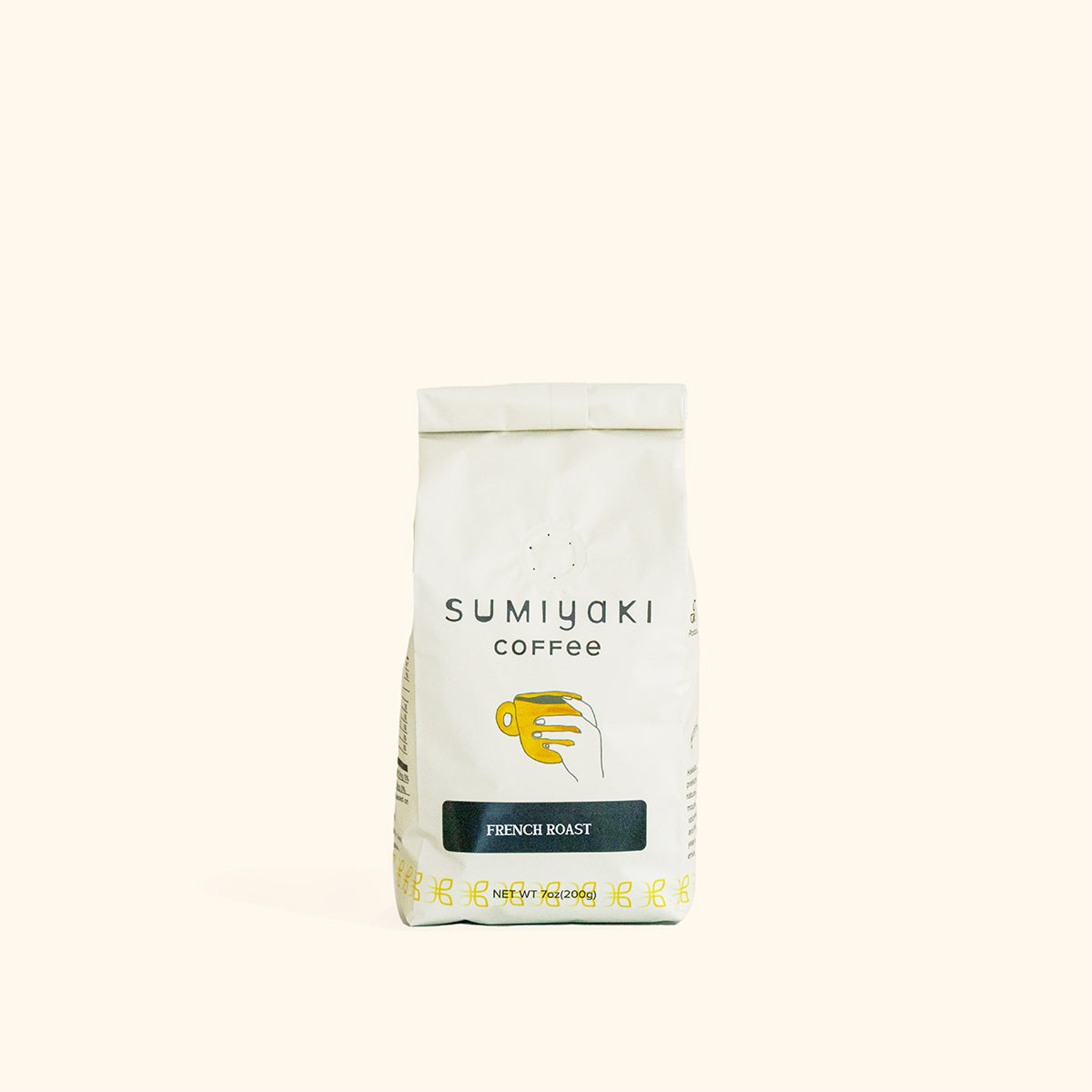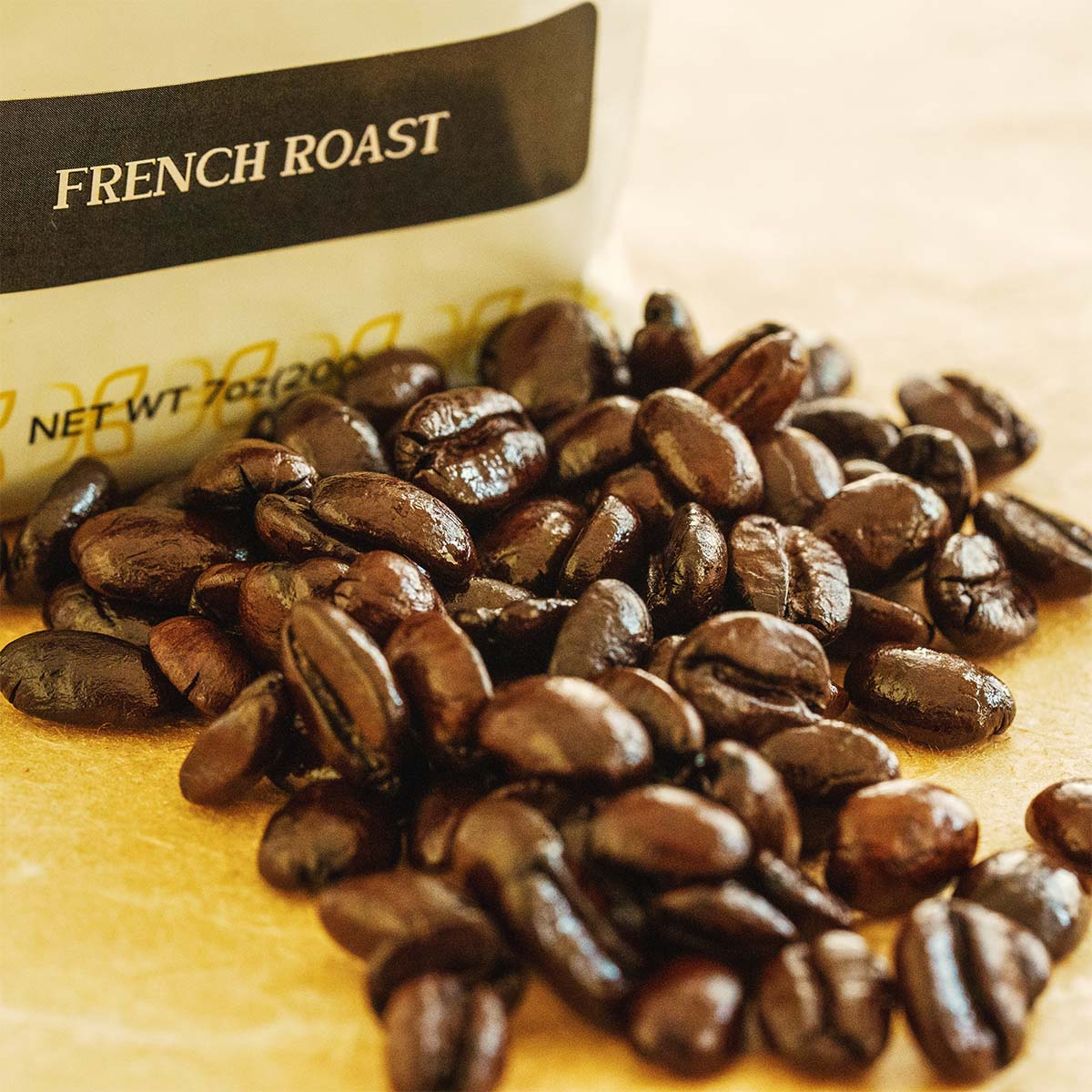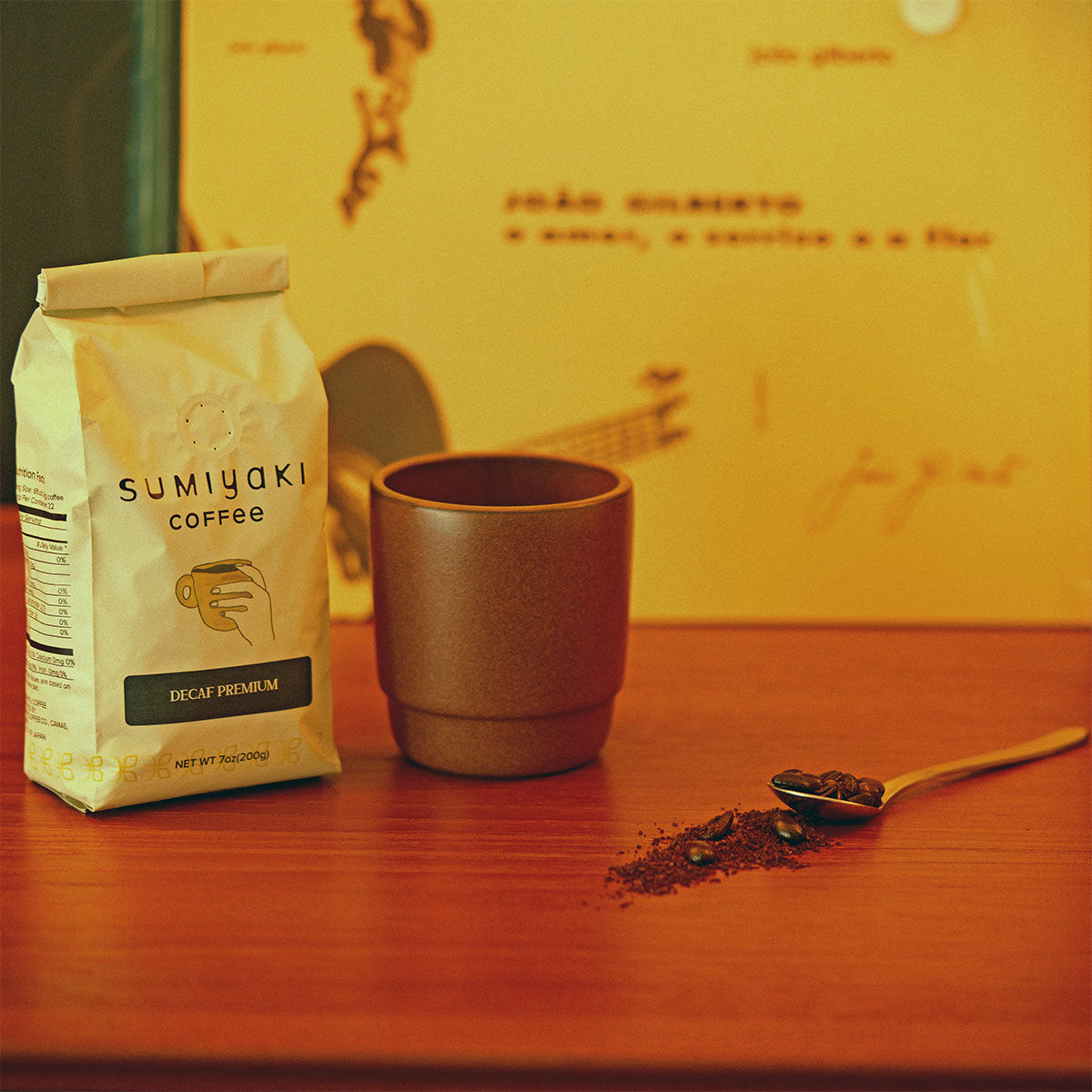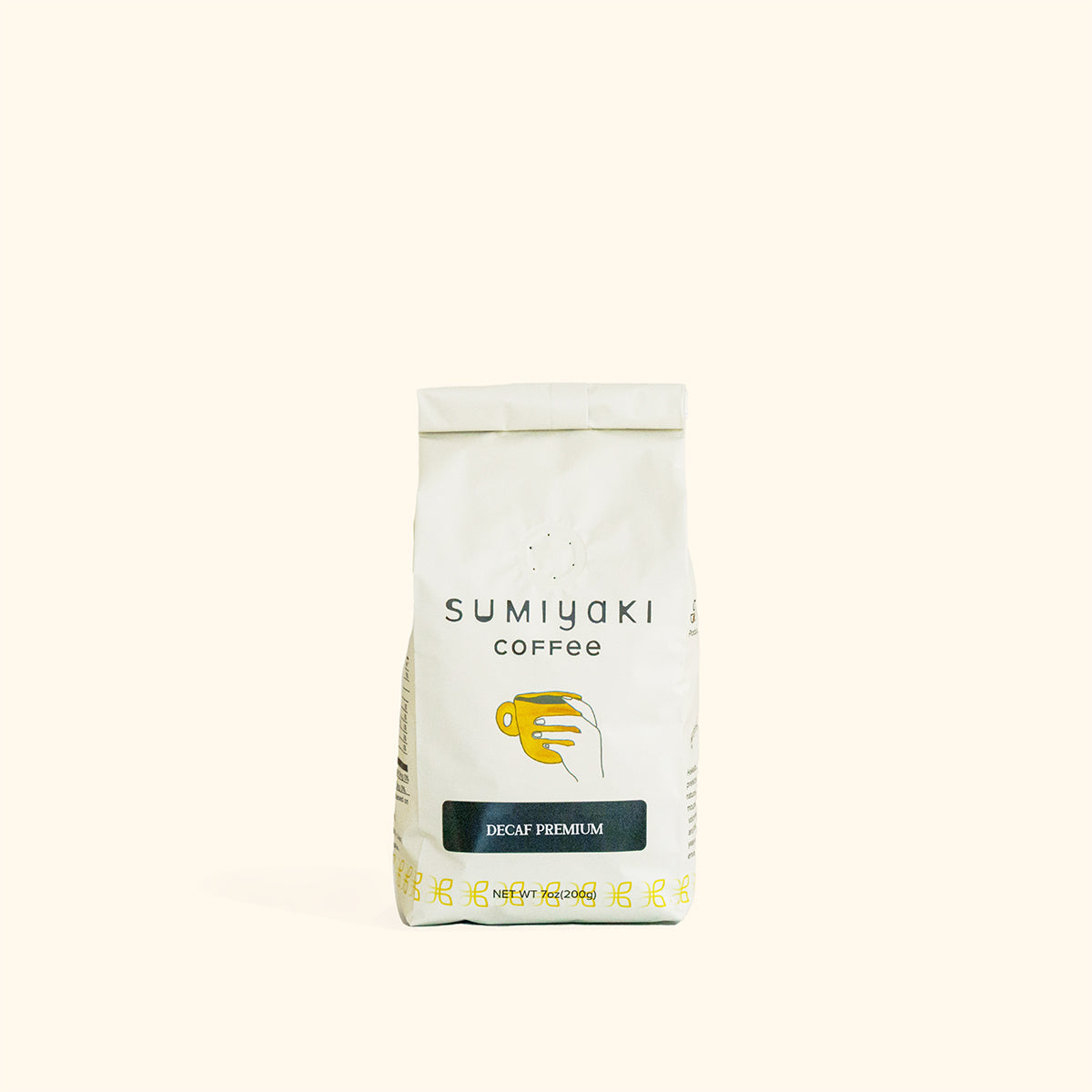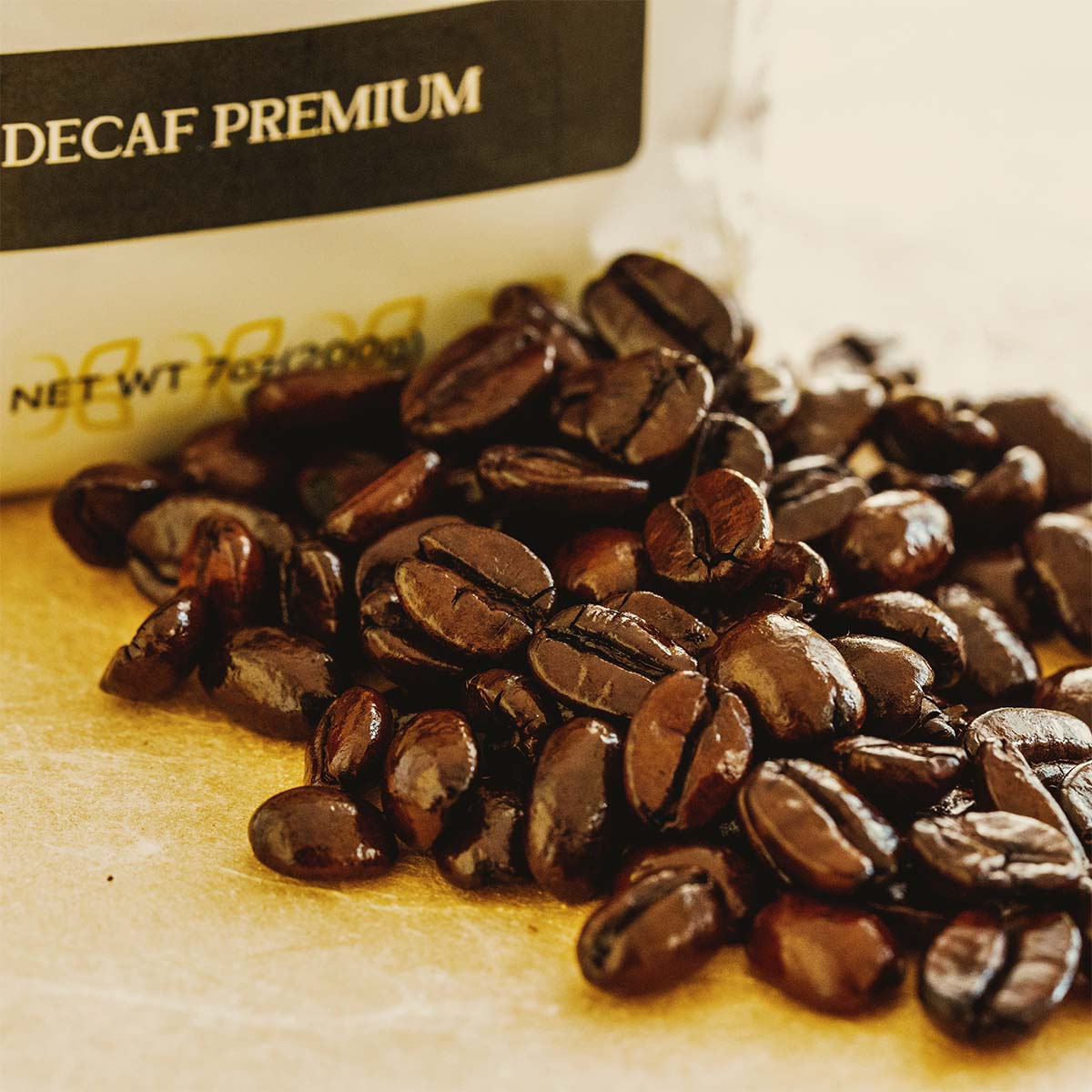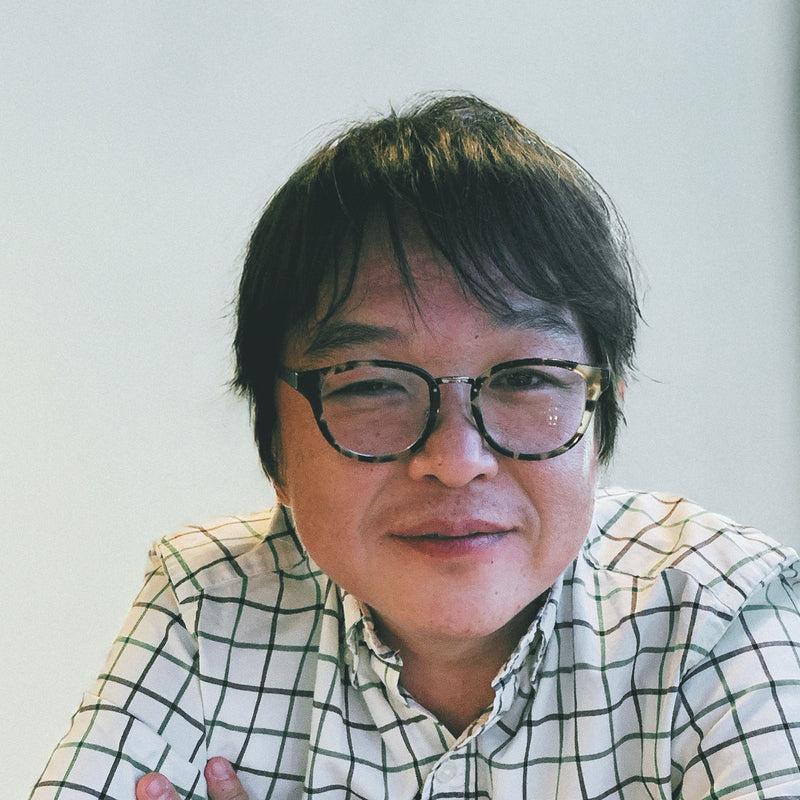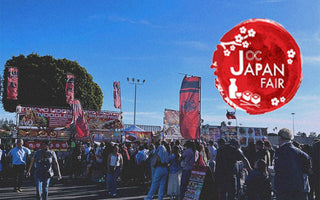Commodity Vs Premium Coffee - What's The Difference and Which One Should You be Drinking
Have you ever wondered why coffee tastes so different based on where you get it from Surely you have found yourself in such a situation, where the same coffee drink you love might taste better in one coffee shop but not so good in another.

This could be happening because one shop is using commodity coffee to make your drink while the other one is using premium coffee. Today, we are going to talk about their differences.
This past century the evolution of the coffee industry has been so rapid and we are very lucky to be able to enjoy premium coffee if we only know where to look for it.
The Three Waves of Coffee
To do that we need to first talk about the three waves of coffee. Surely you’ve passed by coffee shops that advertise themselves as “third wave coffee shops” but what does this mean? What are waves one and two all about?
These three waves refer to the history of coffee as a drink:
The first wave
This is the time when coffee was all about convenience. Dating as far back as the Renaissance times, people didn’t drink coffee because it tasted good, in fact, they had to figure out how to make it sweeter by adding ingredients like milk, sugar, or liqueur.

Instead, they would drink coffee because of its caffeine properties. Back then, there was no focus on the flavor profile of the coffee bean or what was the best way to bring out its flavor and aroma.
The second wave
During the early 20th century, the second industrial revolution brought about the invention of the coffee machine. This is when we notice a shift of focus from convenience to experience. A lot of inventions follow like the Chemex, the Italian Moka Pot, the Melitta Brewer, etc.
The first Starbucks opened its doors in 1971, enticing people with its cozy atmosphere, and new drinks menu offering a never-before-seen coffee experience. However, again there is no focus on the quality of coffee, as most drinks are covered in syrups, ice cream, and other sweet additives.
The third wave
As the 1980s rolled out, something is starting to change. The coffee industry chain starts to focus on the quality of coffee, starting from farming practices all the way to brewing recipes. This is when The Specialty Coffee Association (SCA) is founded.
This organization has one purpose, to create standards that the coffee chain needs to meet in order to ensure transparency across all stages of coffee production and consumption. Any coffee that’s following these standards is called “third wave”, “specialty” or “premium” coffee.
Am I Drinking Premium Coffee?
Now that you know a bit of background history regarding coffee it’s only fair to wonder if your coffee is premium or not. To be completely clear on this, we are not talking about coffee drinks like espresso, latte, etc. We are talking about the coffee beans being used to make these drinks.
What is commodity coffee?
Before we get more into what premium coffee actually means, we must first discuss what commodity coffee is. As a commodity, coffee is traded on the New York Coffee Exchange and the price that is set there does not focus on the coffee’s quality.
Unfortunately, this is the coffee that is widely consumed around the world. Take for example the coffee you buy from the supermarket. How does it end up there? Where does it come from? Your best chance to figure this out is if the label names the coffee origin and even then that might not be true.

This is because there is no traceability in the commodity coffee market. The beans are sold in huge lots and coffee roasting companies blend them all together regardless of which countries or farms they come from.
This results in negative flavor characteristics without a focus on the coffee beans’ attributes. If it all tastes the same and probably needs milk or sugar to taste better then why not just go for the cheapest option and be done with it?
And the price of coffee keeps dropping and dropping so why would the farmers want to keep their crops? Why not plant something more profitable? Commodity coffee does not only taste bad, but it also has a huge negative impact on the coffee industry’s sustainability.
What is premium coffee?
Premium coffee refers to coffee that has been treated with exceptional care and attention all the way from the farm to your cup. There is a large number of people involved in the coffee chain, inducing the farmers, the importers, the quality controllers, the roasters, the baristas, and of course, you!

As for the SCA’s standards: All coffee beans can be graded out of 100. This grading process is called “cupping”. Premium coffee is coffee with a cup score of 80+ points. Usually, when you buy a package of premium coffee it will mention the cup score on it and the price of it will be higher than what you normally see because more resources and people have been involved in getting it to your hands.
But keep in mind, even if the cup score isn’t on the bag that doesn’t mean that the coffee isn’t of premium quality.
Here are some questions you can ask to find out if you are drinking premium coffee:
- If you bought it in a coffee shop then ask the baristas for information about it, if they are knowledgeable it’s a very good sign
- Check the retail bags of beans for information on the origin of coffee and how it was processed and roasted. A higher price is a good indicator too.
- Look up the coffee roasters on social media or check their website for information on how they source the coffee beans
At the end of the day, it’s all about transparency!
The flavor in your cup
So, after all that focus on quality, what will you actually taste in your cup? Well, coffee is an agricultural product and its characteristics rely on several factors such as the country origin, the altitude measured in meters above sea level, the variety of the coffee bean, the biodiversity of the farm, the climate, etc.
For example, coffee beans from Ethiopia differ in flavor from coffee beans from let’s say Colombia. We are talking about two completely different continents with very different characteristics.

In general, coffee from African countries tends to have floral and fruity notes, coffee from Asian countries is characterized by its delicate flavor and earthy, herbal notes while coffee from Central and South America often tastes chocolate and nuts.
This is why many coffee roasters prefer to roast only single-origin beans or if they blend beans together they try them first to make sure they have similar characteristics. Keep in mind that if you add any flavorings to your coffee (sugar, syrup, etc.) you will probably hide its natural characteristics.
To be able to tell if your coffee is really good I recommend you try it black. If it’s not of good quality, it’s more likely to taste either very sour or very bitter.
Why the higher price?
Here is why premium coffee costs more:
- It allows the farmers to make a profit on their products. This isn’t something that happens on the commodities market as the farmers have barely enough to pay their workers and sustain their crops.
- It makes the coffee market sustainable. If farmers see that they make a profit they focus on improving their practices and improving their coffee quality. If they don’t get a fair price for their coffee they will stop cultivating it.
- As we mentioned above, the coffee tastes a hundred times better
- It becomes a habit to enjoy and it promotes healthy consumption of coffee that doesn’t involve turning it into a dessert.
Final Thoughts
Coffee is truly a remarkable product that can surprise you in many ways if you make more educated choices. If you are someone that has been drinking commodity coffee all their lives it’s not easy to suddenly change habits and switch to premium coffee. However, I hope I gave you many reasons why such a change would be worth it.
Get Free Bonus Books

Sign up for free to the Coffee Club to get advice and exclusive articles about how to choose Japanese Coffee, and tips, tricks, and recipes for enjoying Japanese coffee.
About the author
Kei Nishida
Author, CEO Dream of Japan
Certification: PMP, BS in Computer Science
Education: Western Washington University
Kei Nishida is a passionate Japanese tea and coffee connoisseur, writer, and the founder and CEO of Japanese Coffee Co. and Japanese Green Tea Co., both part of Dream of Japan.
His journey began with a mission to introduce the world to the unparalleled quality of Japanese green tea. Through Japanese Green Tea Co., he established the only company that sources premium tea grown in nutrient-rich sugarcane soil—an innovation that led to multiple Global Tea Champion awards.
Building on this success and his passion for Japanese craftsmanship, Kei expanded into the world of coffee, pioneering the launch of Japanese Coffee Co., the first company to bring Sumiyaki charcoal-roasted coffee to a global audience. His dedication to authenticity and quality ensures that this traditional Japanese roasting method, once a well-kept secret, is now enjoyed worldwide.
Beyond tea and coffee, Kei has also introduced Japan’s legendary craftsmanship to the world through Japanese Knife Co., making handmade katana-style knives—crafted by a renowned katana maker—available outside Japan for the first time.
Kei’s journey continues as he seeks out and shares the hidden treasures of Japan, one cup and one blade at a time.
Learn more about Kei





